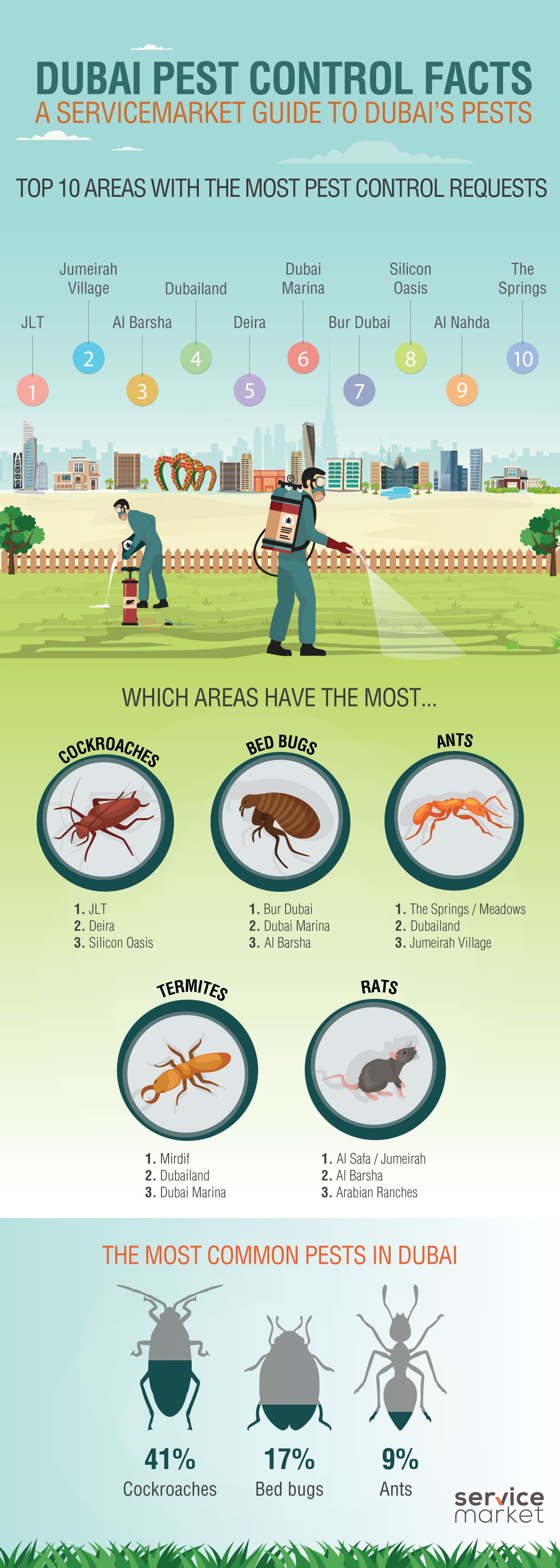The Environmental Impact Of Bug Control Techniques: What You Required To Know
The Environmental Impact Of Bug Control Techniques: What You Required To Know
Blog Article
Short Article Written By-Hansen McBride
They say 'prevention is far better than remedy,' and this expression holds true when it pertains to pest control. You may recognize the importance of keeping your home or service free from pests, yet have you ever before considered the ecological effect of the approaches used to attain this?
In this conversation, we will certainly discover the different insect control methods offered and their possible results on the atmosphere. From making use of chemical pesticides to natural bug control approaches and lasting methods like incorporated pest monitoring, there is much to learn more about the choices we make and their impact on the globe around us.
So, bend up and prepare yourself to reveal the fact behind insect control techniques and their ecological consequences.
Chemical Pesticides and Their Ecological Effect
Chemical chemicals have a substantial environmental impact, which can be much better understood by analyzing their use and results.
When you use chemical pesticides to regulate pests, they can end up harming not only the targeted insects however additionally useful pests, birds, and various other animals. These chemicals typically linger in the environment, contaminating soil, water, and air. https://dgpestcontrolquincyil.pages.dev/ can additionally gather in the food chain, presenting a hazard to human health and wellness.
In addition, chemical pesticides can interrupt environments by exterminating all-natural killers of parasites, bring about an imbalance in the ecological community. Moreover, some chemicals have actually been linked to the decline of pollinators like , which are essential for plant reproduction.
It is necessary to consider these ecological impacts when considering insect control techniques.
Natural Bug Control Techniques and Their Eco-Friendliness
Natural insect control techniques provide a green alternative to chemical pesticides. By making use of natural active ingredients and techniques, you can successfully take care of parasites while minimizing injury to the environment. Below are 4 environmentally friendly parasite control approaches to consider:
1. Organic control: Present all-natural predators, such as ladybugs or nematodes, to control pest populations naturally.
2. why not look here : Use nets, screens, or row covers to physically avoid insects from reaching your plants.
3. Buddy growing: Expand pest-repelling plants along with your plants to hinder parasites normally. As an example, planting marigolds can ward off aphids and various other insects.
4. Self-made treatments: Develop DIY pest control remedies making use of components like vinegar, baking soda, or important oils. These natural solutions can help fend off pests without harmful chemicals.
Integrated Insect Administration: A Sustainable Technique
To properly manage pest populaces while reducing harm to the setting, think about embracing an integrated insect administration approach, which concentrates on sustainable methods.
Integrated Bug Administration (IPM) is an all natural technique that combines different pest control techniques to attain long-lasting bug management goals. It aims to reduce making use of chemical pesticides and rather highlights prevention, surveillance, and making use of non-chemical controls.
By incorporating numerous techniques, such as organic control, social techniques, and mechanical techniques, IPM provides an effective and lasting remedy for insect control.
This method not just minimizes the adverse influence on the atmosphere yet also promotes the total health of ecosystems.
Final thought
So, currently you know the ins and outs of parasite control approaches and their impact on the environment.
From the harmful impacts of chemical pesticides to the eco-friendliness of natural bug control approaches, it's clear that we should focus on sustainable methods like integrated pest administration.
Much like a delicate ecosystem, locating the ideal equilibrium is critical for maintaining our setting and maintaining parasites away.
